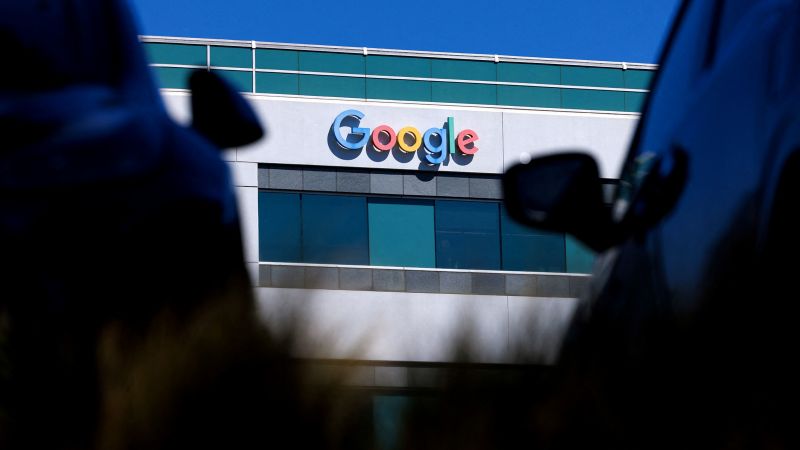In a significant development, Google has reached an agreement to settle a class-action lawsuit for $28 million. This lawsuit alleged that the tech giant engaged in discriminatory practices by favoring certain racial groups—specifically white and Asian employees—in terms of salary and career advancement. The settlement aims to address the claims brought forth by a diverse group of former and current employees who asserted that they were unfairly compensated and overlooked for promotions in comparison to their peers.
The agreement with Google, a subsidiary of Alphabet Inc. (traded under the ticker symbol GOOGL), gained preliminary approval from Judge Charles Adams in the Santa Clara County Superior Court located in California. In the ruling, Judge Adams deemed the settlement to be equitable, reasonable, and a satisfactory outcome for the broader class of employees involved in the lawsuit. This class includes a minimum of 6,632 individuals who have been employed by Google in California during the period from February 15, 2018, to December 31, 2024.
Courtenay Mencini, a spokesperson for Google, confirmed the settlement on a public platform, reiterating the company’s stance. She stated, “We continue to disagree with the allegations that we treated anyone differently and remain committed to paying, hiring and leveling all employees fairly.” Despite the concession of financial compensation, it appears that Google is maintaining its position that no discriminatory practices were intentional or systemic, underscoring its commitment to equitable employment policies.
The lawsuit was spearheaded by Ana Cantu, who identifies as Mexican and racially Indigenous. She filed on behalf of various marginalized groups, including Hispanic, Latinx, Indigenous, Native American, American Indian, Native Hawaiian, Pacific Islander, and Alaska Native employees at Google. Cantu, recalling her experience, noted that over the span of seven years working in Google’s People Operations and Cloud departments, she was consistently overlooked for promotions and received lower pay compared to her white and Asian counterparts, who allegedly enjoyed faster career progression despite similar job performance.
According to the lawsuit, it was alleged that the Mountain View, California-based corporation systematically placed white and Asian employees in higher job “levels” than those of other ethnic backgrounds, even when the nature and quality of the work were fundamentally the same. Furthermore, Cantu contended that Google repressed the growth opportunities of employees who voiced complaints or concerns regarding these inequitable practices, resulting in a work environment where advancement was unevenly distributed.
Cantu asserted that the practices conducted by Google were in violation of the California Equal Pay Act, which is designed to ensure fair compensation regardless of gender, race, or other discriminatory factors. She eventually departed from Google in September 2021, taking her concerns public and transforming her experience into a collective legal effort for those she represented.
Notably, Judge Adams indicated that the settlement emerged after Cantu’s legal team decided, at least partially due to Google’s requests, to exclude Black employees from the proposed class of aggrieved individuals. This decision has drawn attention and may have implications for future legal proceedings and discussions regarding workplace equity.
After accounting for legal expenses, including $7 million in fees, penalties tied to Cantu’s claims under California’s Private Attorneys General Act, and other associated costs, the net settlement amount totals approximately $20.4 million. A follow-up hearing has been scheduled for September 11, during which the court will consider the final approval of the settlement agreement.
As of now, legal representatives for Cantu have yet to respond to media inquiries, signifying that conversations surrounding this lawsuit and its implications for not only Google but also the larger tech industry will continue to unfold in the coming months.



